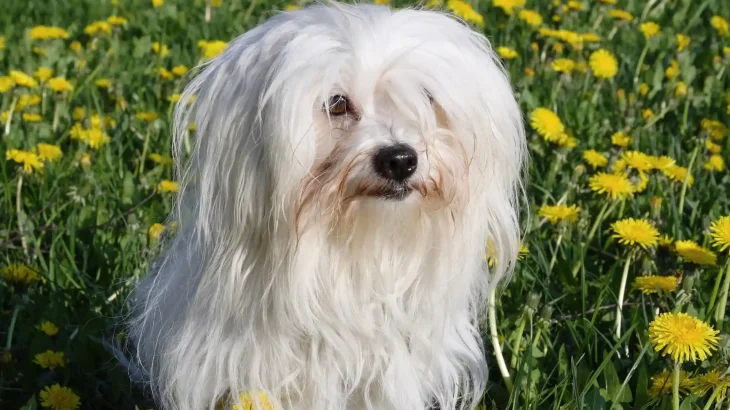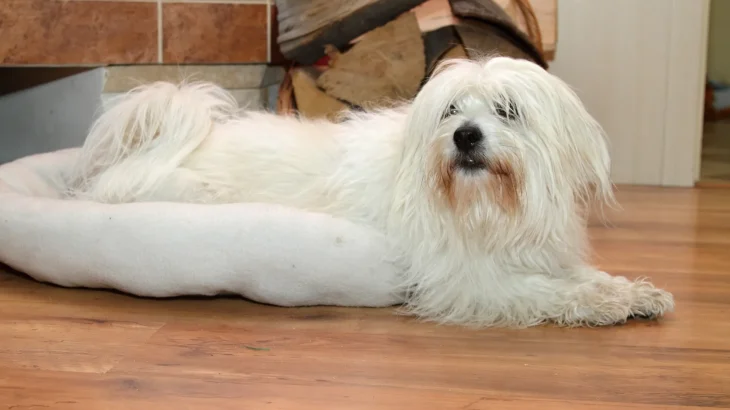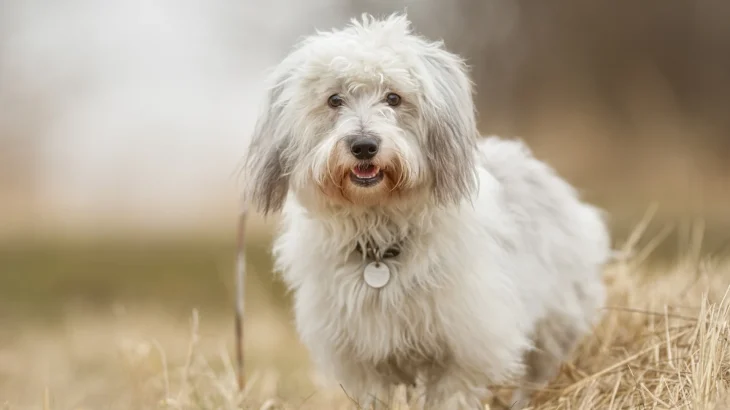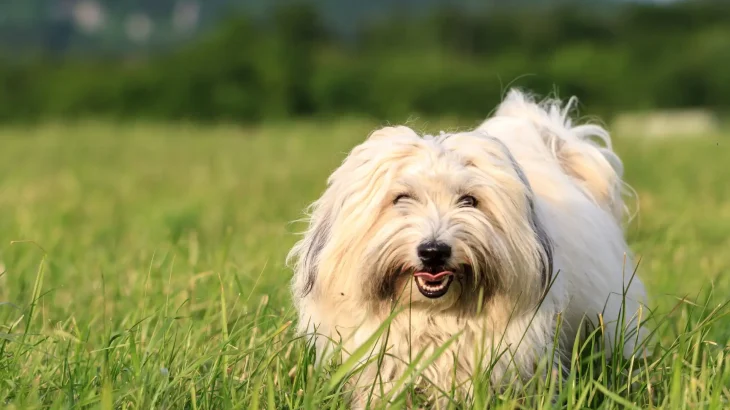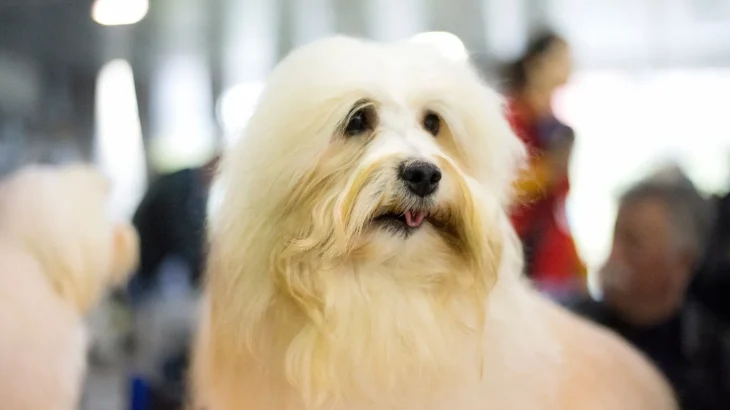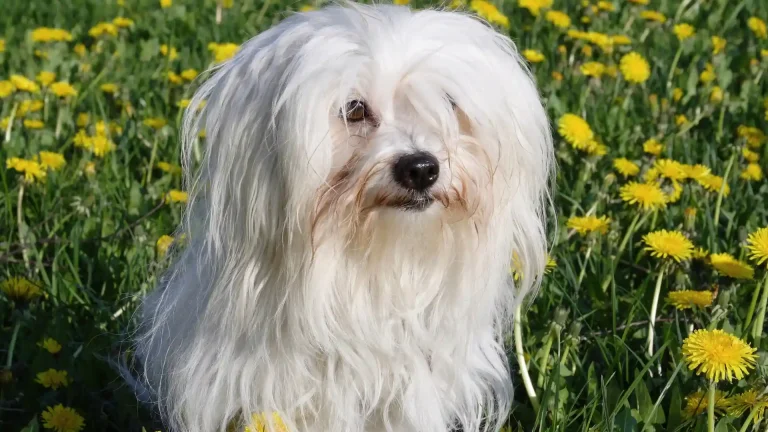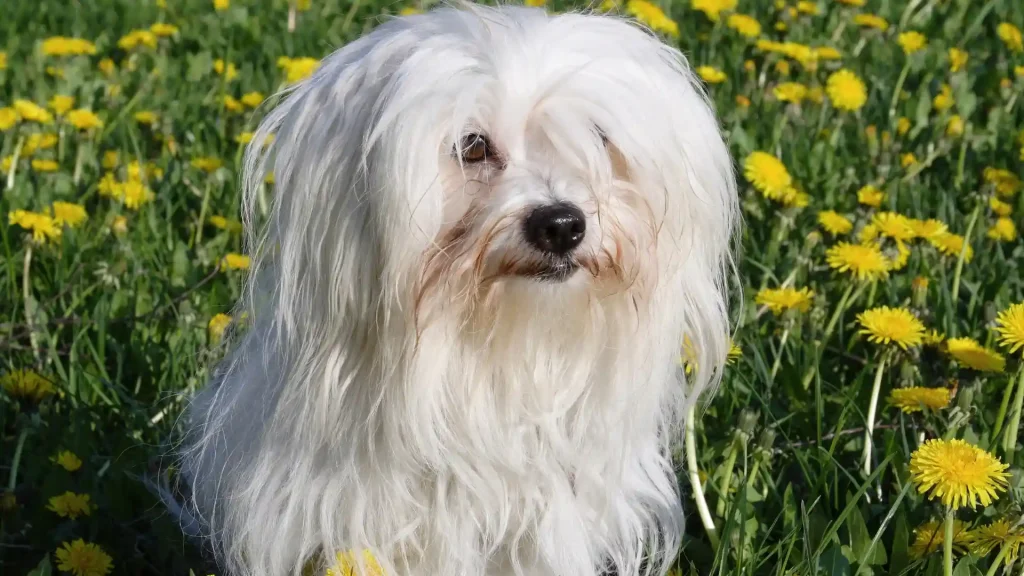Choosing between adopting or buying a Coton de Tulear puppy often depends on factors like health clarity, cost, and ethics. Buying from a breeder can offer detailed health info and pedigree, while adopting is usually more affordable and gives a worthy dog a new chance.
| Criteria | Buying from Breeder | Adopting from Shelter/Rescue |
|---|---|---|
| Cost | Higher initial cost, often several thousand dollars for a purebred Coton de Tulear. | Lower fees, typically modest adoption costs including vaccinations and spay/neuter. |
| Health History | Usually extensive records and genetic tests provided. | Health history might be limited but shelters perform basic health checks. |
| Age Availability | Mostly puppies, so you raise them from early on. | Various ages available, including adults that may adjust faster. |
| Temperament Insight | Breeders offer info on lineage temperament and behavior. | Rescue staff share behavior observations but full background may be unknown. |
| Supporting Practices | Supports responsible breeders but requires careful selection to avoid unethical ones. | Helps animal welfare by giving homes to dogs in need and easing shelter overcrowding. |
| Ethical Considerations | Risk of supporting less reputable breeders if not careful. | Promotes kindness by rescuing dogs who might otherwise face uncertain futures. |

